
AeroGenie — あなたのインテリジェントな副操縦士。
現在のトレンド
Categories
Qantas Receives Its First A321XLR Aircraft
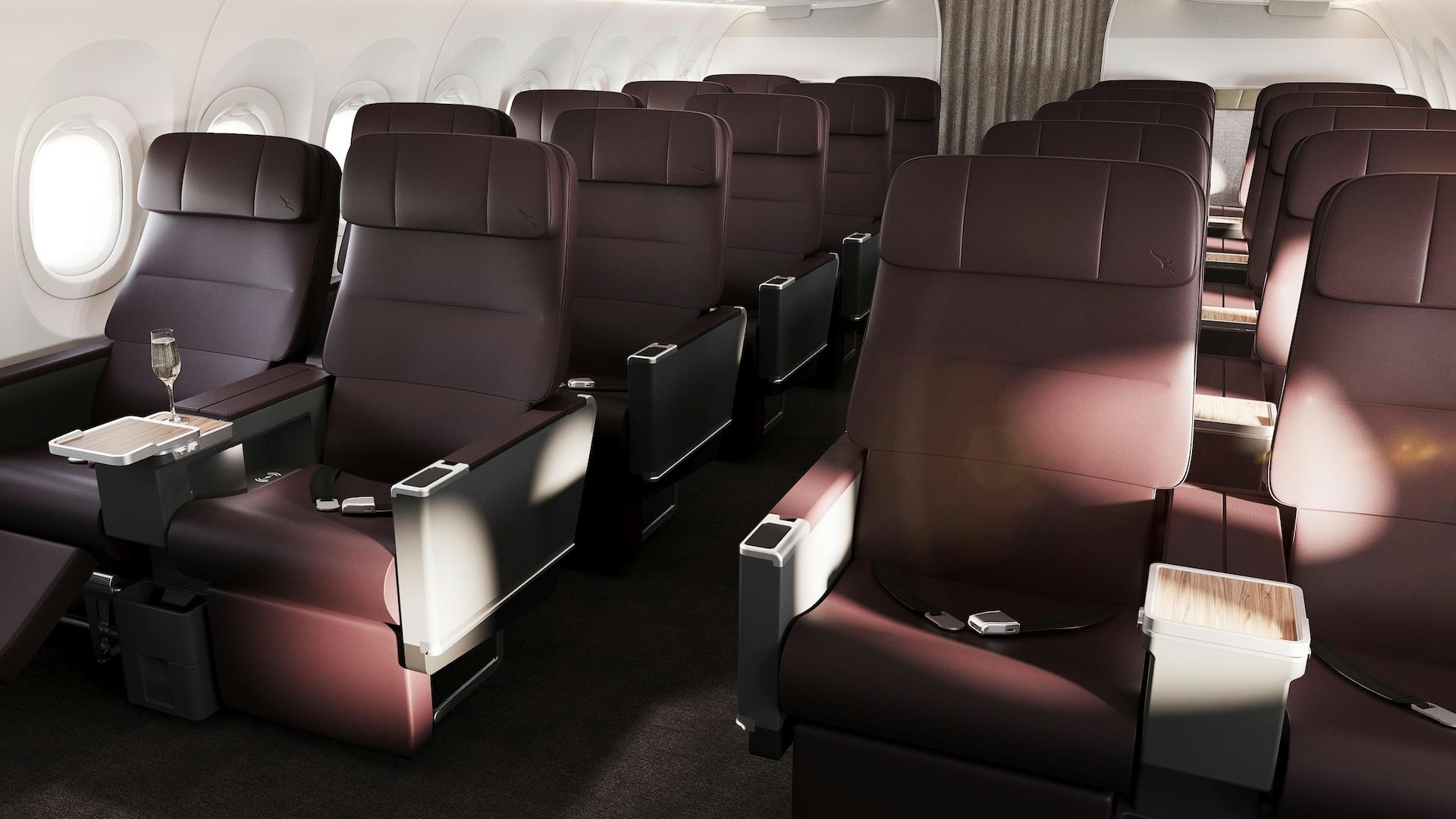
Qantas Receives Its First A321XLR Aircraft
Qantas has officially taken delivery of its first Airbus A321XLR, marking a significant advancement in the airline’s fleet modernization efforts. Registered as VH-OGA, the aircraft completed a remarkable delivery journey from Hamburg to Bangkok and then onward to Sydney. While the great circle distance covered was 10,164 miles (16,357 km), the actual flight path extended to 10,995 miles (17,695 km) due to routing and airspace restrictions. This route represents the longest flights ever operated by an airline using the A321XLR, underscoring the aircraft’s extended range capabilities and its potential to connect city pairs previously inaccessible to narrowbody jets.
Strategic Implications for Qantas
The introduction of the A321XLR arrives at a crucial juncture for Qantas as it seeks to phase out its aging Boeing 737-800 fleet. The new aircraft features a two-class configuration with increased seating capacity and significantly enhanced range. These improvements enable Qantas to explore new nonstop routes, including services from Cairns to Tokyo and Perth to Singapore, while reinforcing its presence on trans-Tasman and Southeast Asian corridors. This delivery is part of a broader fleet renewal strategy within the Qantas Group, which also includes the integration of Airbus A220s for QantasLink alongside the A321XLRs for the mainline fleet.
Despite the promising outlook, the rollout of the A321XLR faces challenges. Industry experts have recently pointed to ongoing supply chain disruptions that may impact aircraft deliveries and the pace of operational expansion. Nevertheless, Qantas demonstrated the aircraft’s capabilities with its historic nonstop flight to Bangkok, aligning with a global trend toward premium, long-haul narrowbody travel.
Market and Operational Challenges
The market response to Qantas’ fleet upgrade has been closely monitored, particularly as competitors adjust their strategies. Airlines such as Qatar Airways and Philippine Airlines are reportedly considering strategic codeshare agreements to broaden their network reach, reflecting a dynamic and competitive environment in the Asia-Pacific aviation sector.
Qantas is also contending with operational pressures following a significant data breach that compromised the personal information of millions of customers. This incident has raised concerns about the airline’s ability to sustain market confidence and maintain momentum amid increased scrutiny.
As Qantas integrates the A321XLR into its operations, the aircraft’s long-range performance and enhanced capacity are expected to be central to the airline’s strategy for fleet modernization and international expansion, even as it navigates ongoing industry challenges and shifting market dynamics.
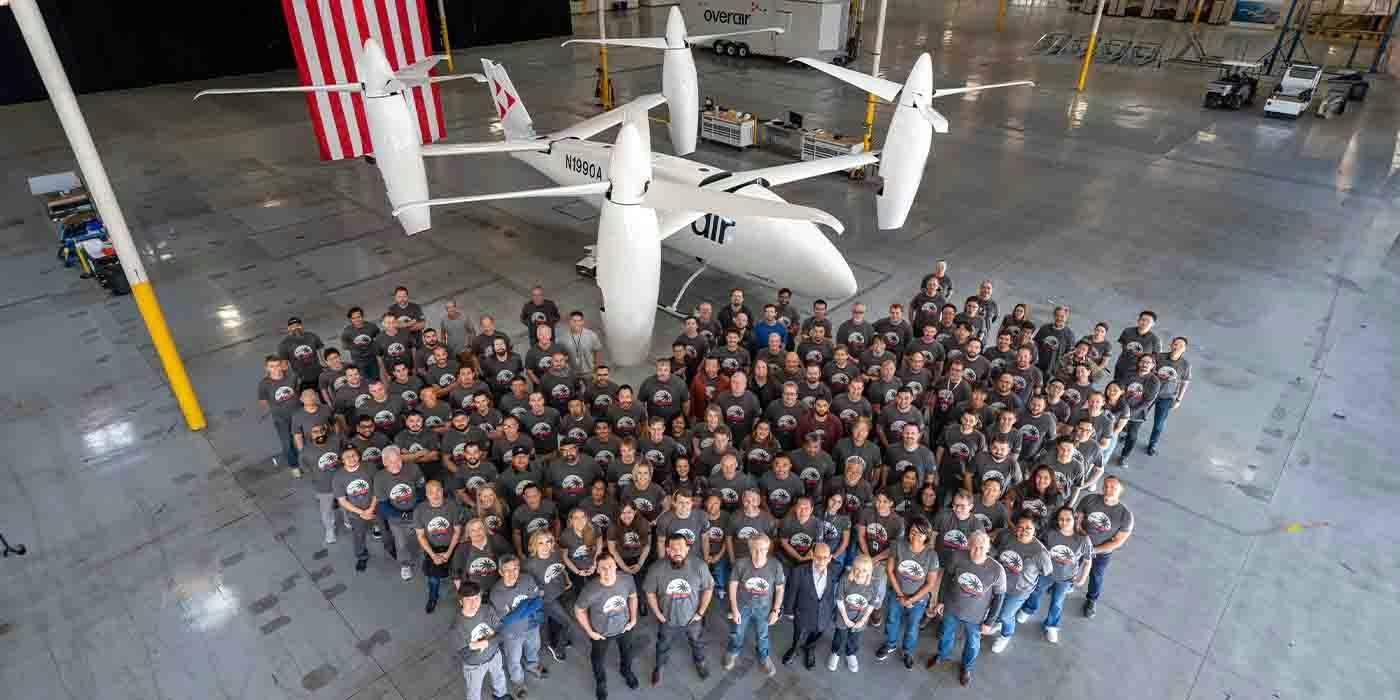
Unique mixed-propulsion eVTOL completes transition flight testing
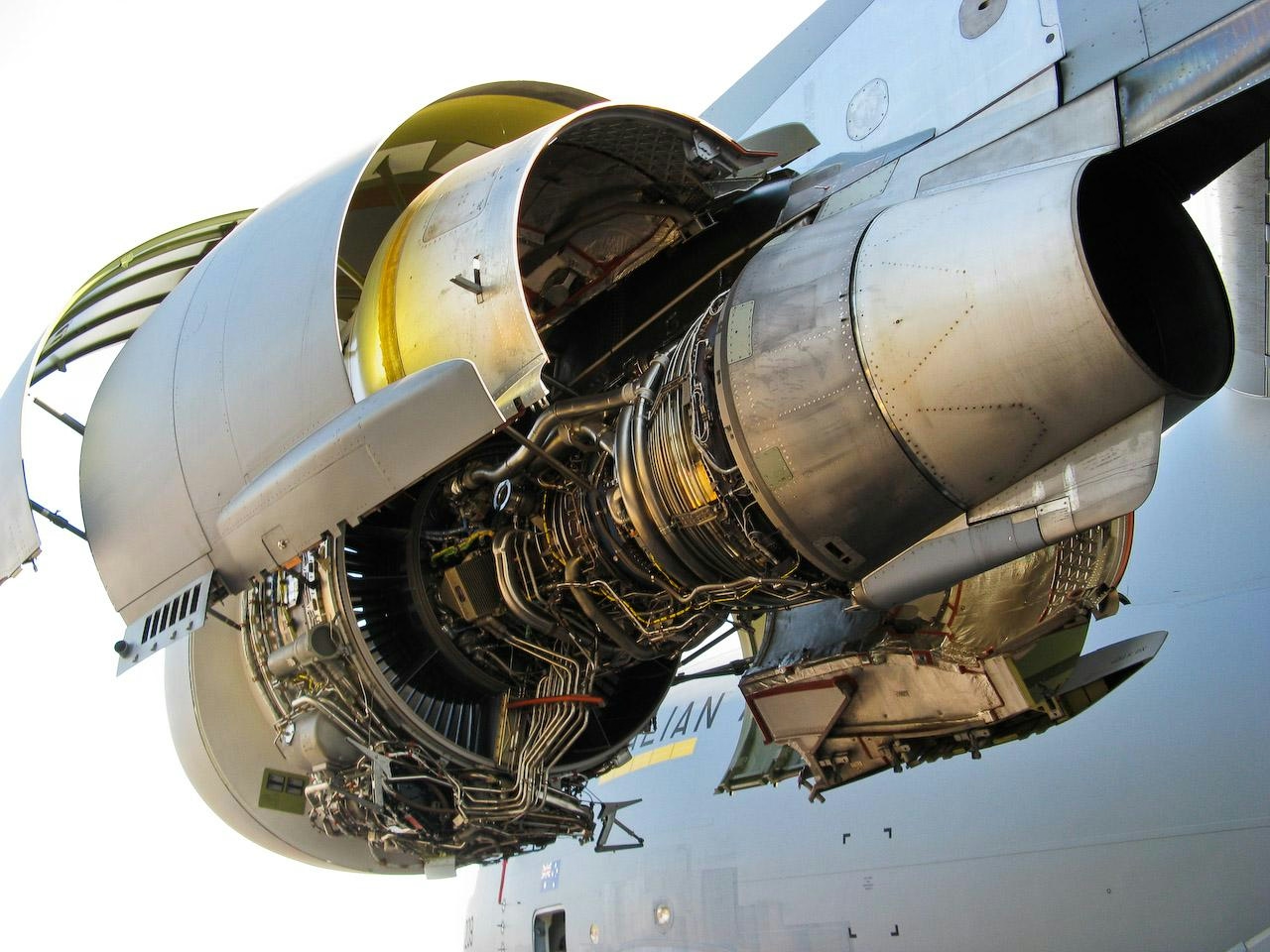
Are C-17 Globemaster Engines Derived from Boeing 757?
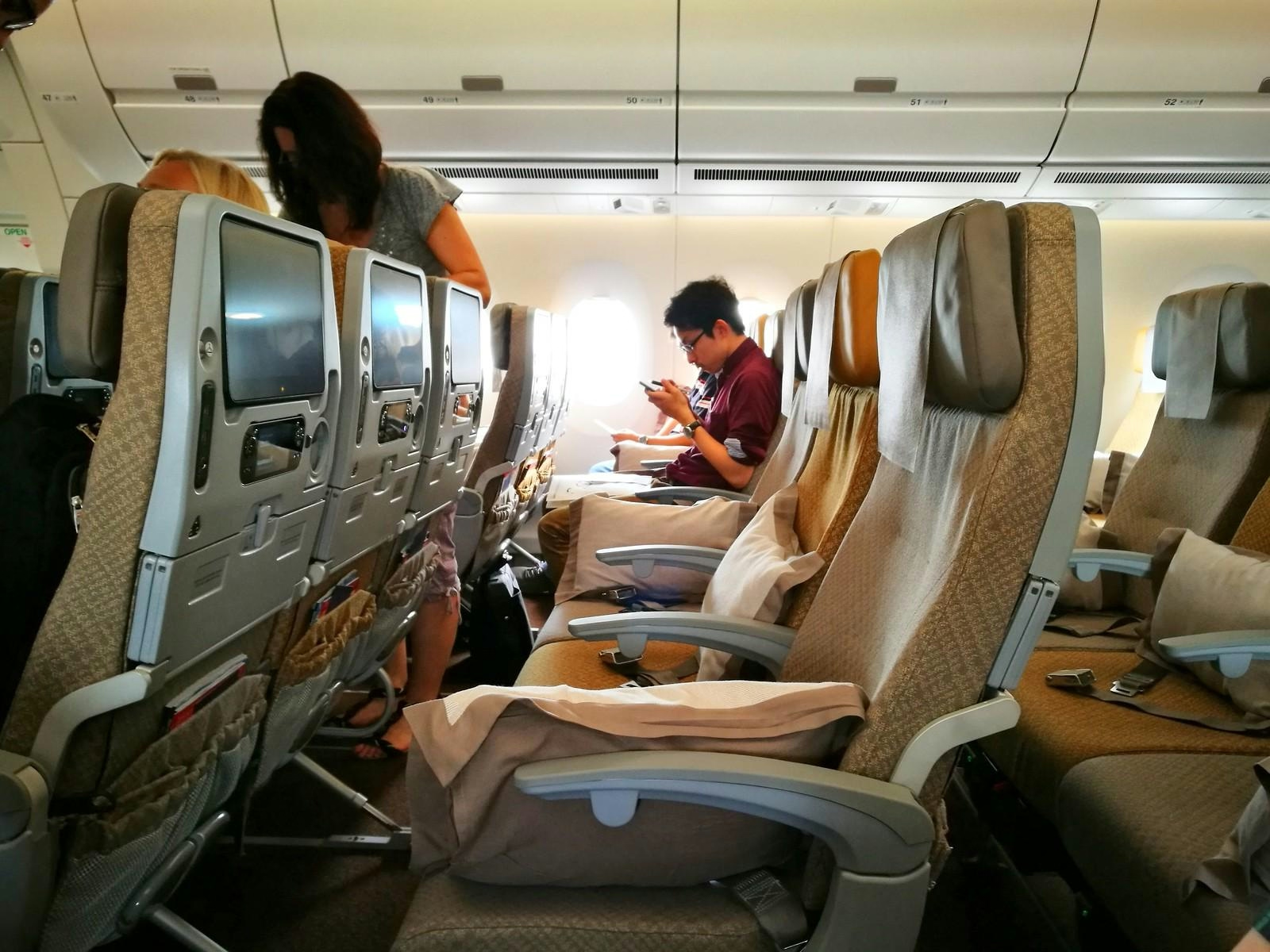
Why the Airbus A350’s Cabin Is Quieter Than Other Aircraft
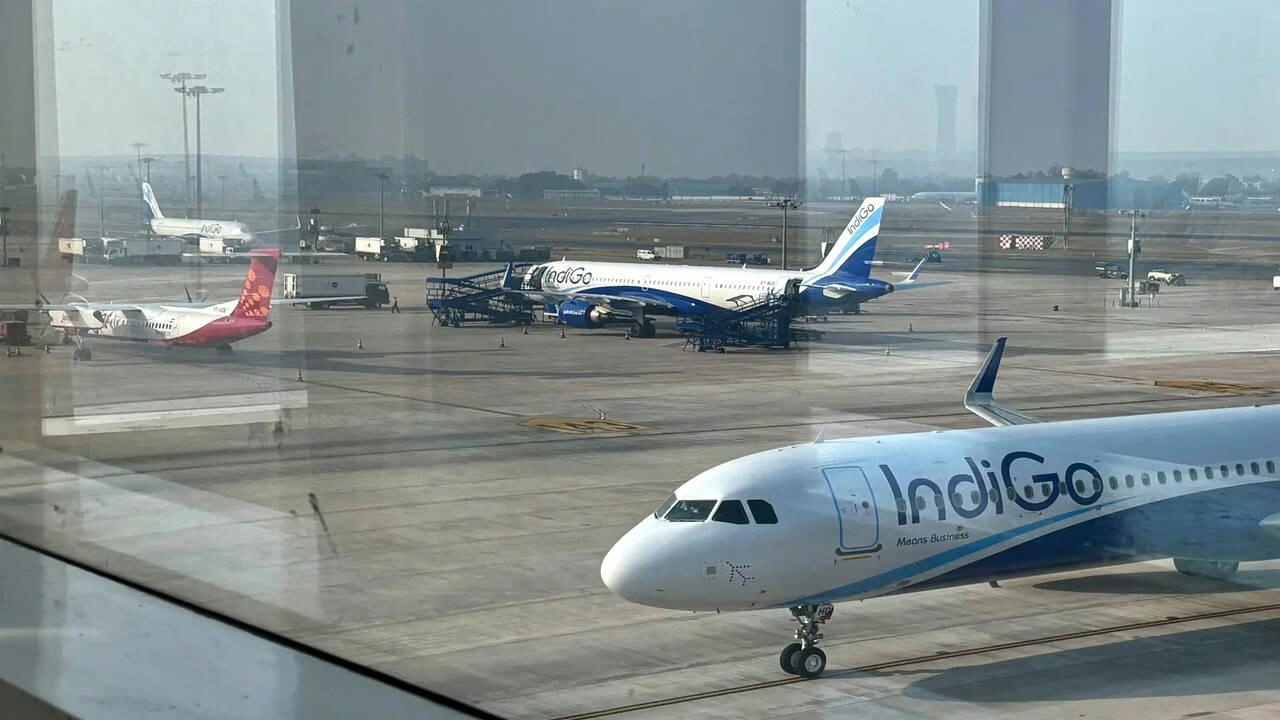
AI and AI Express Plan to Increase Capacity Amid IndiGo Flight Disruptions
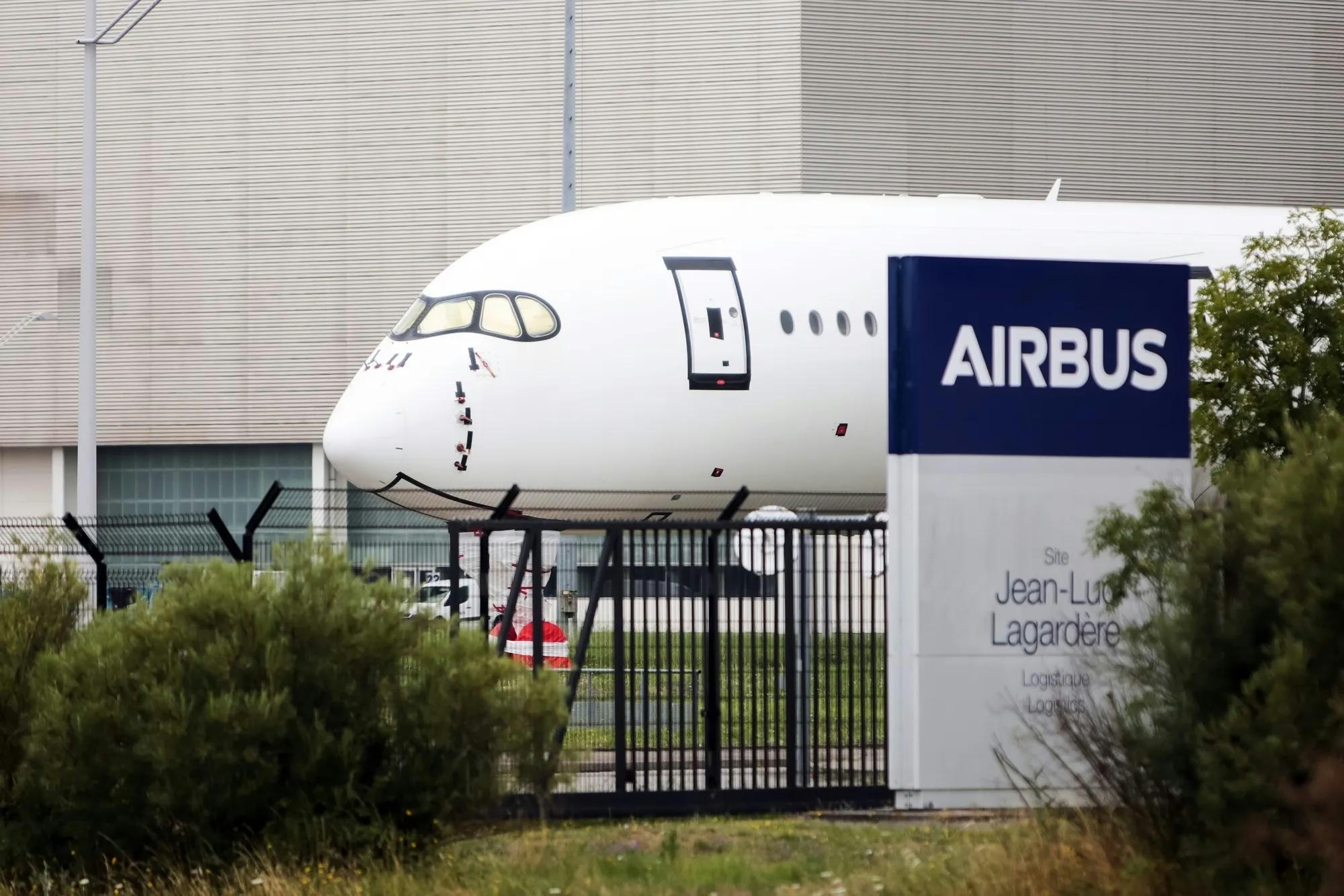
Kazakhstan and France Agree on Airbus Aircraft Deliveries
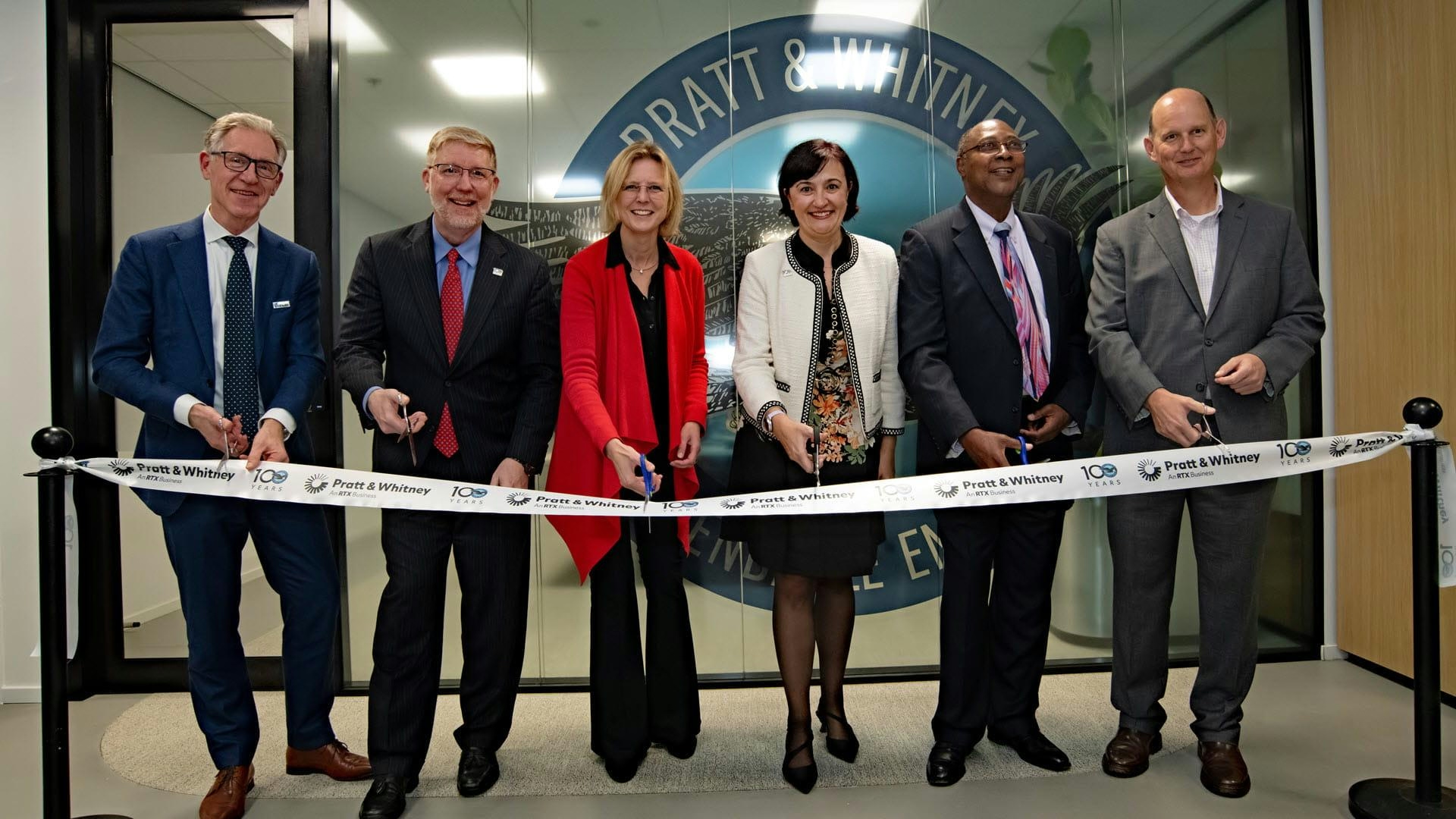
Europe’s Emerging Talent Drives Aviation Innovation
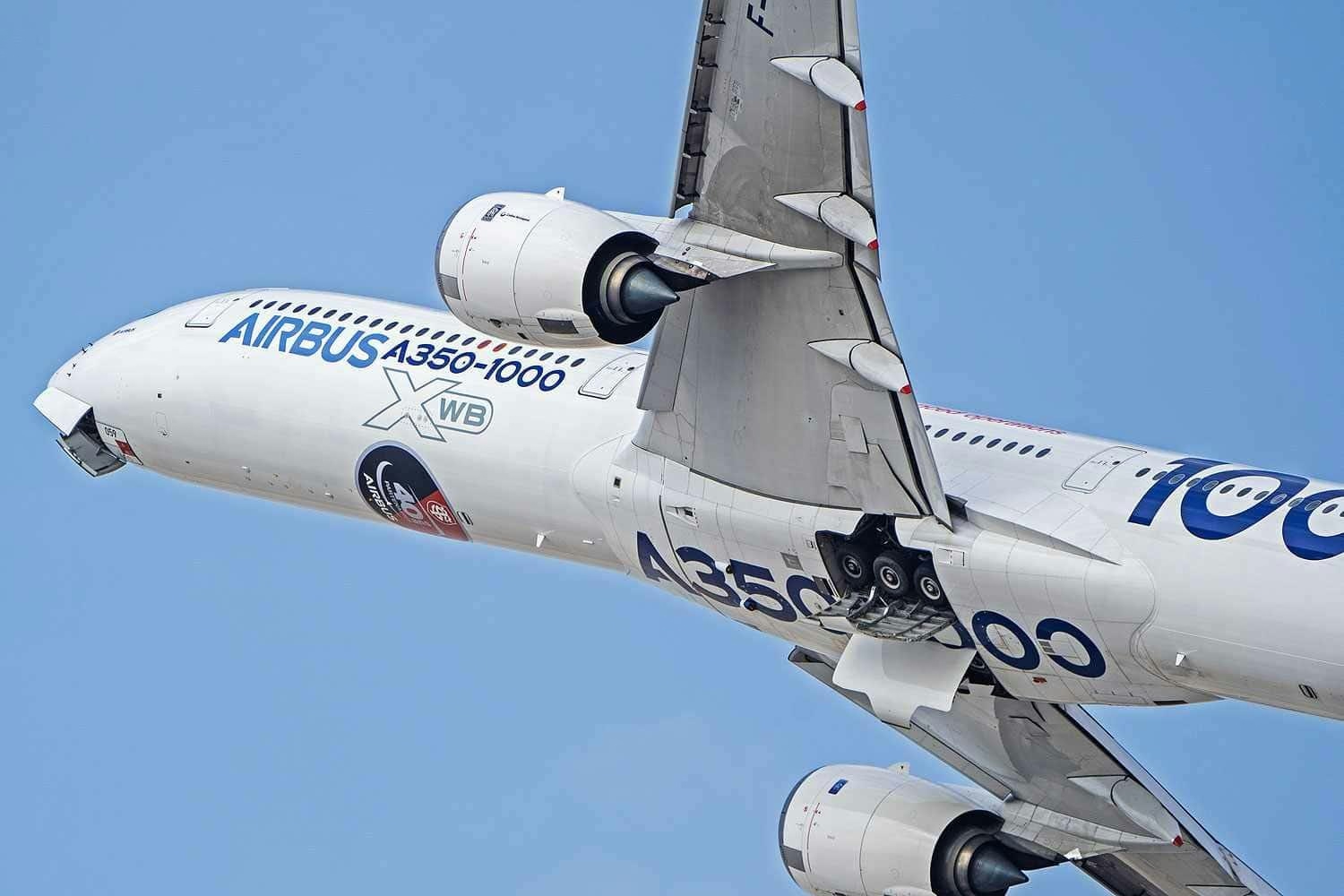
Airbus Receives New Order for A350-1000
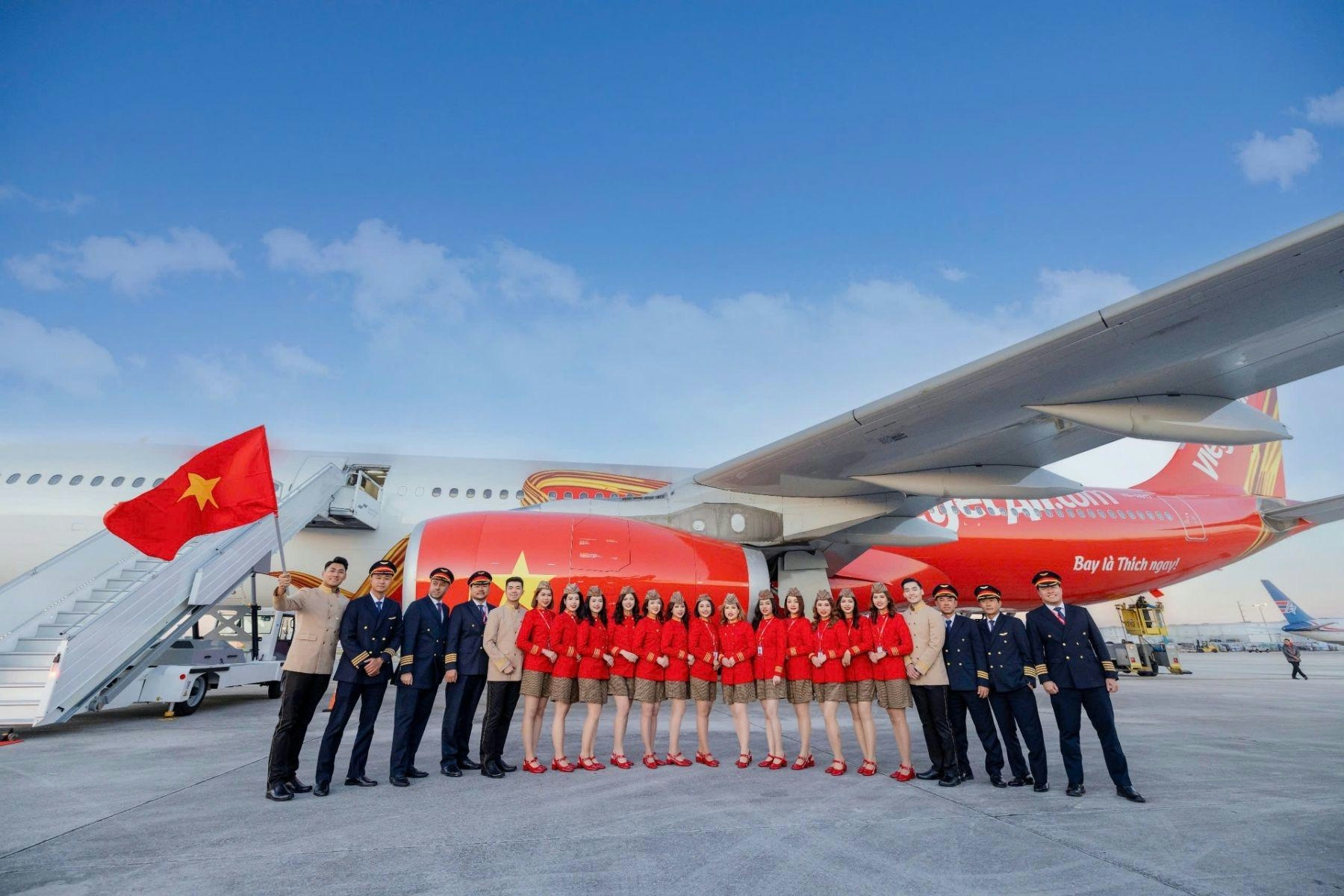
The Leading Widebody Aircraft in Service Today
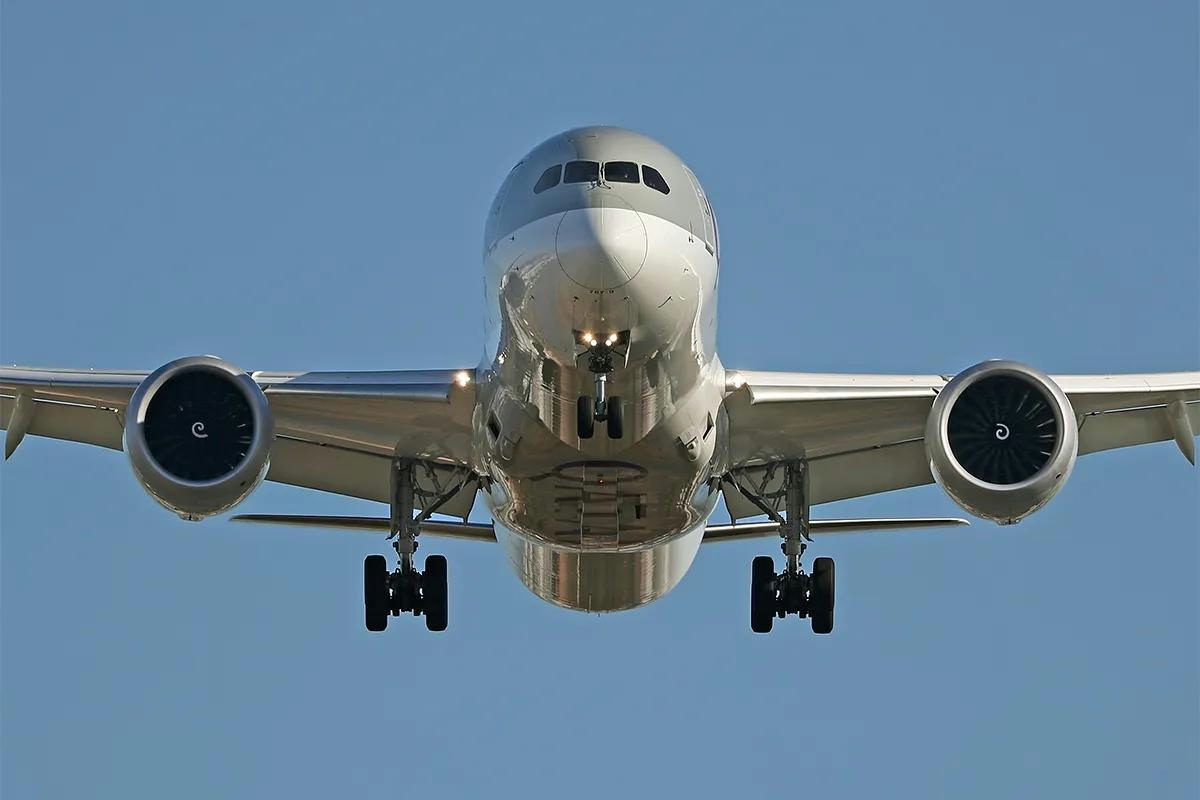
The Fastest Boeing Jet Currently in Service
